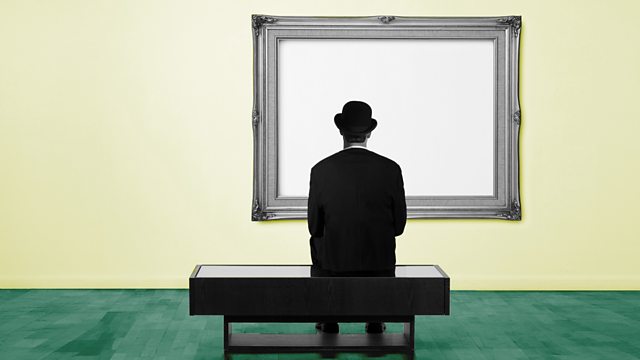Scott Ross - Harpsichord Rebel
Phil Hebblethwaite traces the complex, contradictory life and career of the so-called ‘bad boy of early music’, harpsichordist Scott Ross.
In 1984, an American harpsichord player called Scott Ross quit a teaching job in Canada and returned to France, the country that since he was a teenager had been his adopted home. It was the year that Frankie Goes to Hollywood had a Europe-wide hit with Two Tribes and Steve Jobs launched the Macintosh personal computer. But Ross had an idea with more of a baroque feel. In Paris, he met a producer at Radio France, Nicolas Bomsel, and suggested a project that most musicians would consider absurd: recording all 555 keyboard sonatas by Domenico Scarlatti.
By 1989, Ross was dead, aged just 38. Did he know he was ill when he pitched the project? Was it a test of human endurance against the odds? Did he succeed? And who was Scott Ross, a man who has been called ‘early music’s bad boy’ and ‘the John McEnroe of the harpsichord’? Also, how is it that a musician who’s widely considered to be the best harpsichord player of his generation remains little known in the UK?
These are questions posed by music journalist Phil Hebblethwaite in this Sunday Feature. To find answers, Hebblethwaite travels to France (Montpellier, Assas and Paris), speaking to those who knew and loved Ross, and tracks down two former students of Ross’s from his decade in Canada. A portrait of a complex, contradictory musician emerges – a man with a tragic early life who, Hebblethwaite finds, seems to slip further away the better he gets to know him.
With contributions from Nicolas Bomsel, Michel Proulx, Marie-Claire Demangel, Henri Prunières, Jocelyne Chaptal, Catherine Perrin, Mario Raskin, and Didier Lestrade.
Written and presented by Phil Hebblethwaite
Produced by Tom Woolfenden
A Loftus Media production
Podcast
-
![]()
The Radio 3 Documentary
Exploring different aspects of history, science, philosophy and the arts.


